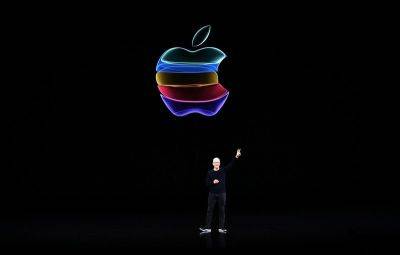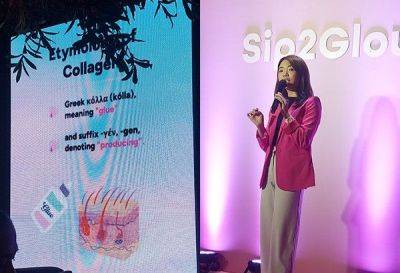AI chatbots must learn to say 'help!' says Microsoft exec
SAN FRANCISCO, United States — Generative AI tools will save companies lots of time and money, promises Vik Singh, a Microsoft vice president, even if the models must learn to admit when they just don't know what to do.
"Just to be really frank, the thing that's really missing today is that a model doesn't raise its hands and say 'Hey, I'm not sure, I need help,'" Singh told AFP in an interview.
Since last year, Microsoft, Google and their competitors have been rapidly deploying generative AI applications like ChatGPT, which produce all kinds of content on demand and give users the illusion of omniscience.
But despite progress, they still "hallucinate," or invent answers.
This is an important problem for the Copilot executive to solve: Singh's corporate customers can't afford for their AI systems to go off the rails, even occasionally.
Marc Benioff, CEO of Salesforce, this week said he saw many of his customers increasingly frustrated with the meanderings of Microsoft's Copilot.
Singh insisted that "really smart people" were trying to find ways for a chatbot to admit "when it doesn't know the right answer and to ask for help."
A more humble model would be no less useful, in Singh's opinion. Even if the model has to turn to a human in 50 percent of cases, that still saves "tons of money."
At one Microsoft client, "every time a new request comes in, they spend $8 to have a customer service rep answer it, so there are real savings to be had, and it's also a better experience for the customer because they get a faster response."
Singh arrived at Microsoft in January and this summer took over as head of the teams developing "Copilot," Microsoft's AI assistant that specializes in sales, accounting and online services.
These applications have the gargantuan task of bringing in revenue and justifying the massive investments in generative AI.
At the height of the AI frenzy, start-ups driving the technology were promising systems so advanced that they would "uplift humanity," in the words of Sam Altman, head of OpenAI, which is mainly funded by Microsoft.
But for the time being, the new technology is mainly used to boost productivity, and hopefully profits.
According to







